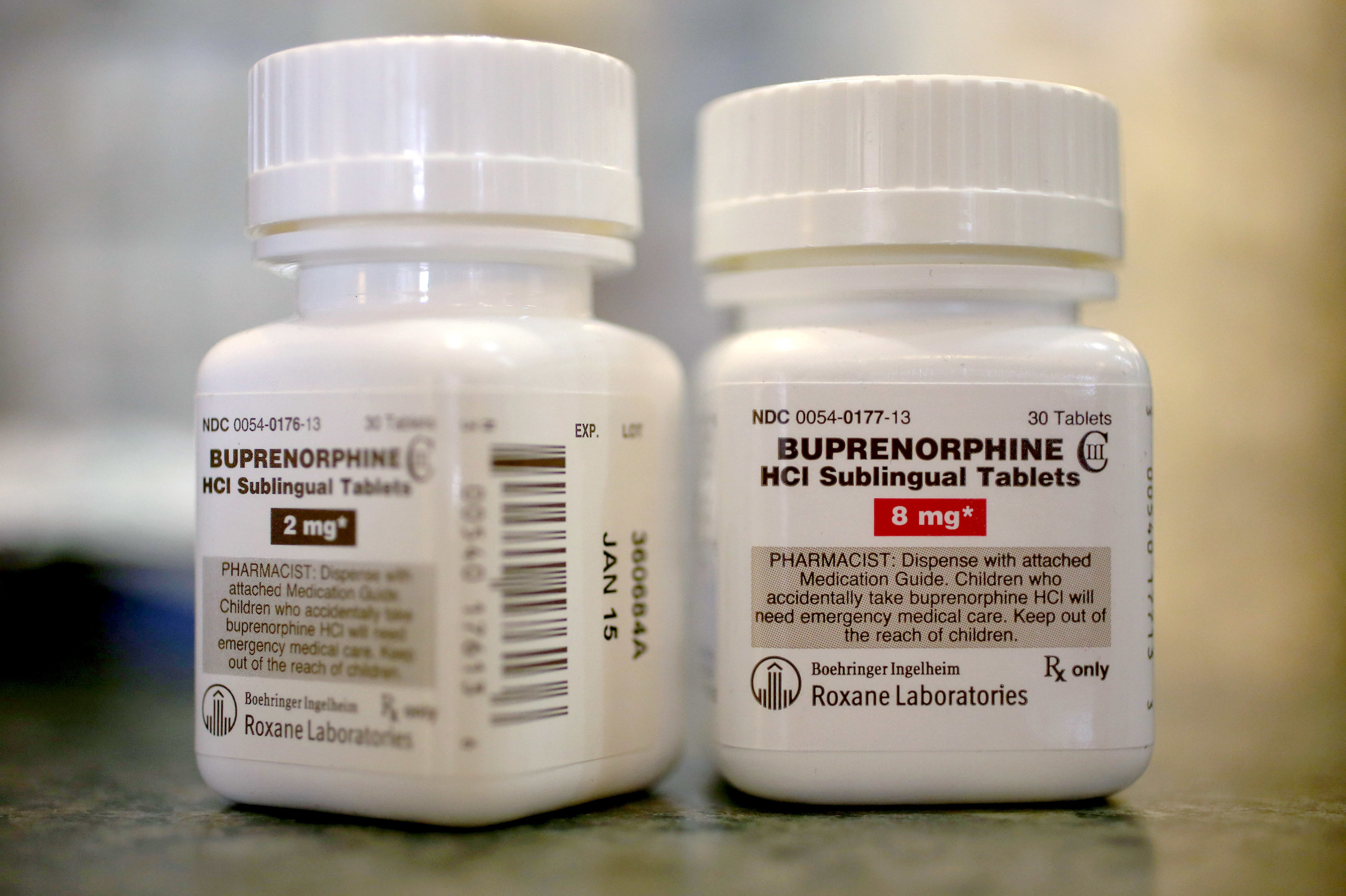A federal court judge has stated that denying medication-assisted treatment (MAT) to an incarcerated person would “likely” be found unconstitutional. The judge ordered that a plaintiff should have continued access to MAT while he is held in jail for the duration of the case.
In Pesce v. Coppinger, plaintiff Geoffery Pesce—supported by the American Civil Liberties Union of Massachusetts and law firm Goodwin Procter—is seeking access to MAT while he is incarcerated at Middleton House of Correction in Essex County, Massachusetts. More broadly, the ACLU aims to challenge the denial of MAT to people with opioid use disorder who are incarcerated.
Pesce navigated opioid addiction for six years, experiencing homelessness, unemployment and strained family relationships. He was able to better manage this addiction once he was prescribed methadone. But after being incarcerated for driving (to the methadone clinic) with a suspended license, he has been refused access to the drug.
That changed November 26, when United States District Judge Denise J. Casper of Massachusetts issued a preliminary injunction—a pre-trial court order—requiring the sheriff to provide Pesce with access to prescribed methadone.
“Today’s preliminary injunction could save Mr. Pesce’s life,” tweeted Matthew Segal, one of the ACLU attorneys working on the case. He cited a line from the memo that states, “According to the physician who first diagnosed and treated his condition, Pesce presents a ‘high risk of overdose and death upon his release’ if not treated during his incarceration at Middleton.”
The judge also wrote that “withholding of the prescribed medication from the Plaintiff will violate his right to be free from cruel and unusual punishment under the Eighth Amendment of the United States Constitution and his right to non-discriminatory treatment and reasonable accommodations under the Americans with Disabilities Act.”
The case holds out the prospect of a judicial precedent being set if the judge ends up ruling in the plaintiff’s favor. Two other ACLU-affiliated cases about MAT in prison have also been filed, in Washington and Maine.
Advocates for MAT access are pushing for legislative change, too. In New York, for example, the Medication Assisted Treatment bill would require all New York jails and prisons to offer MAT, and guarantee annual funding for MAT services.





Show Comments